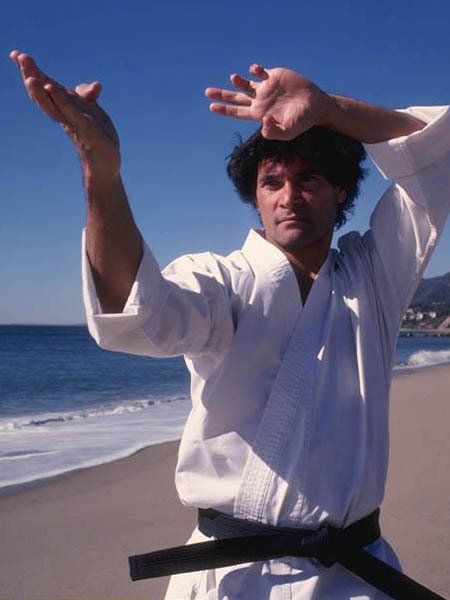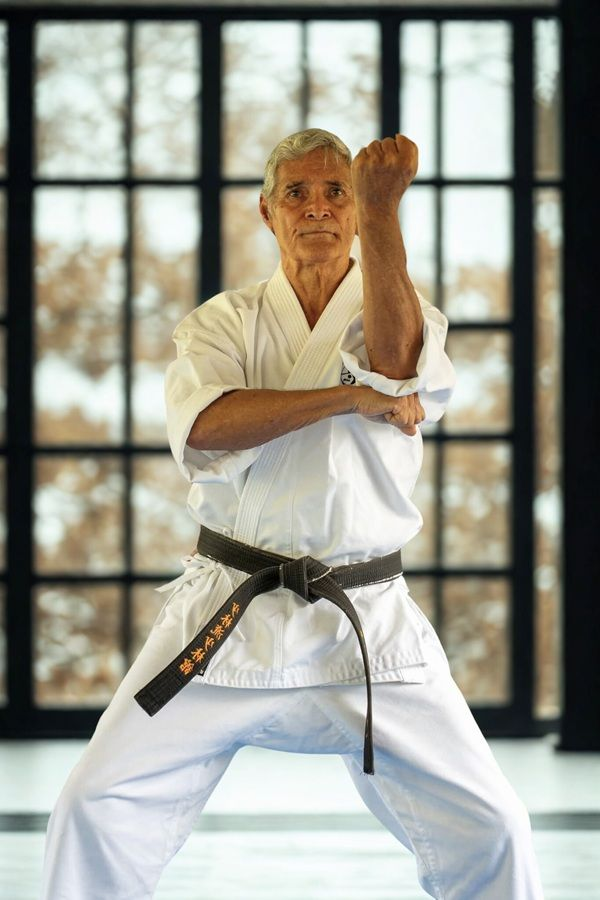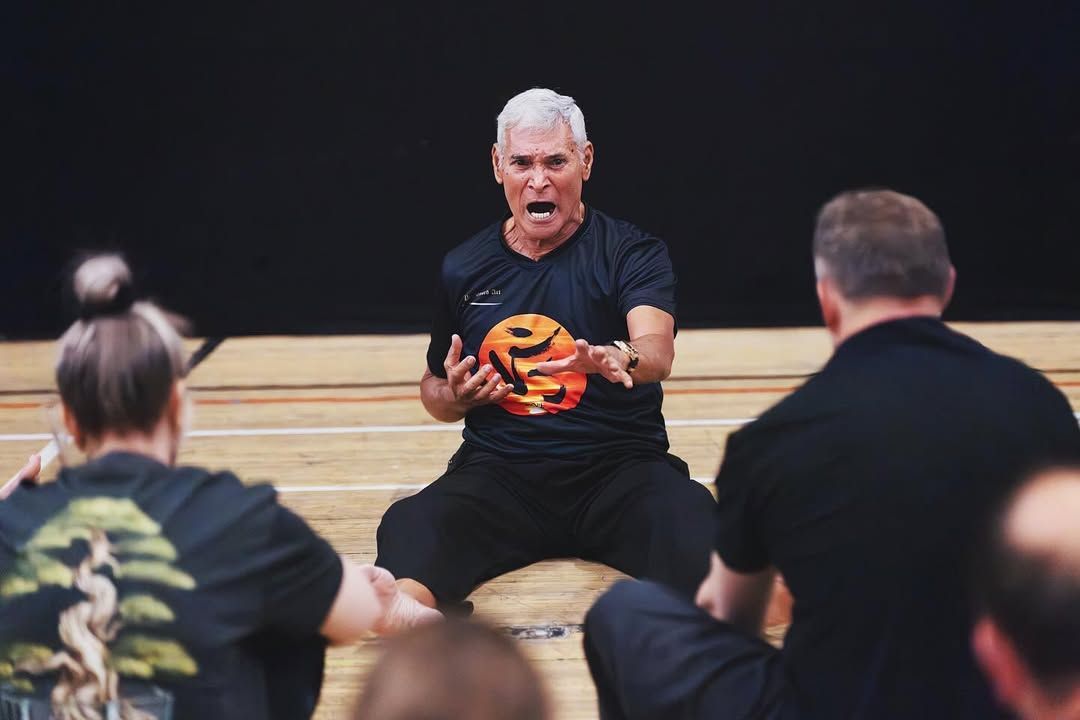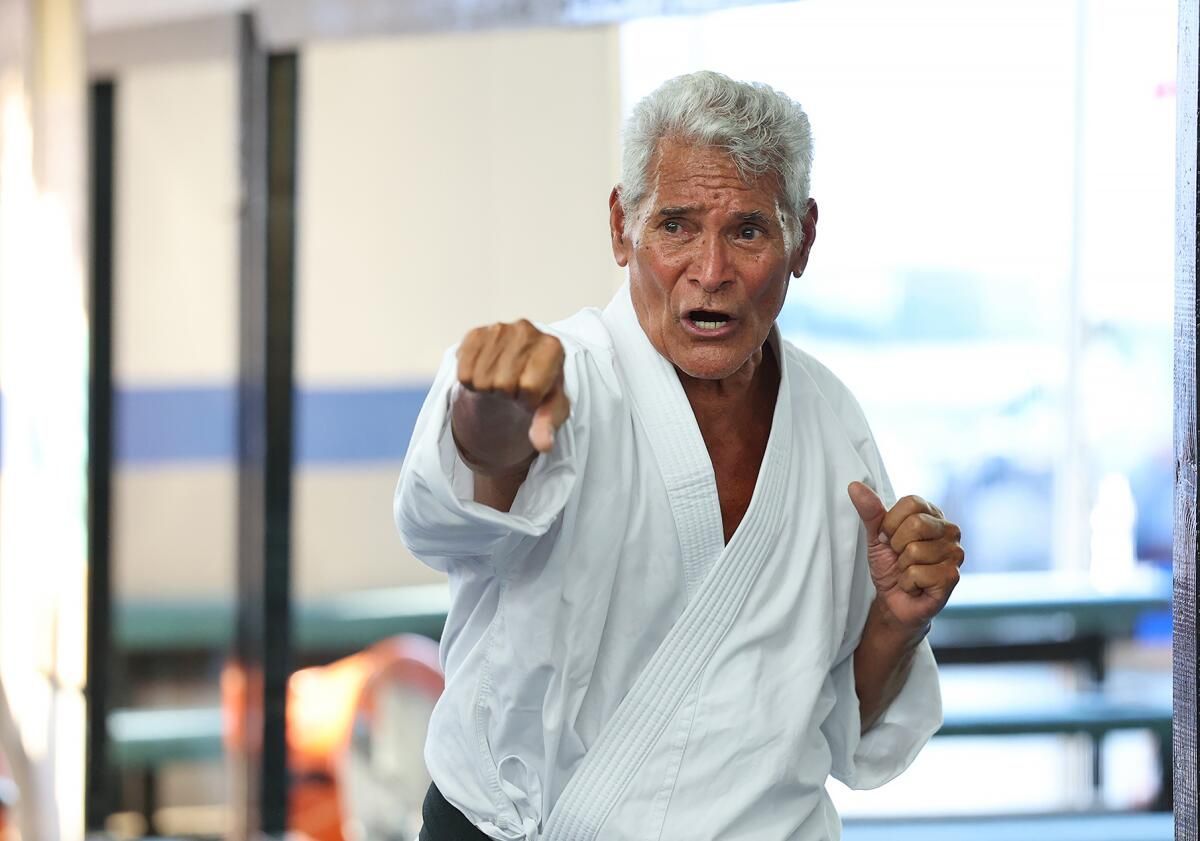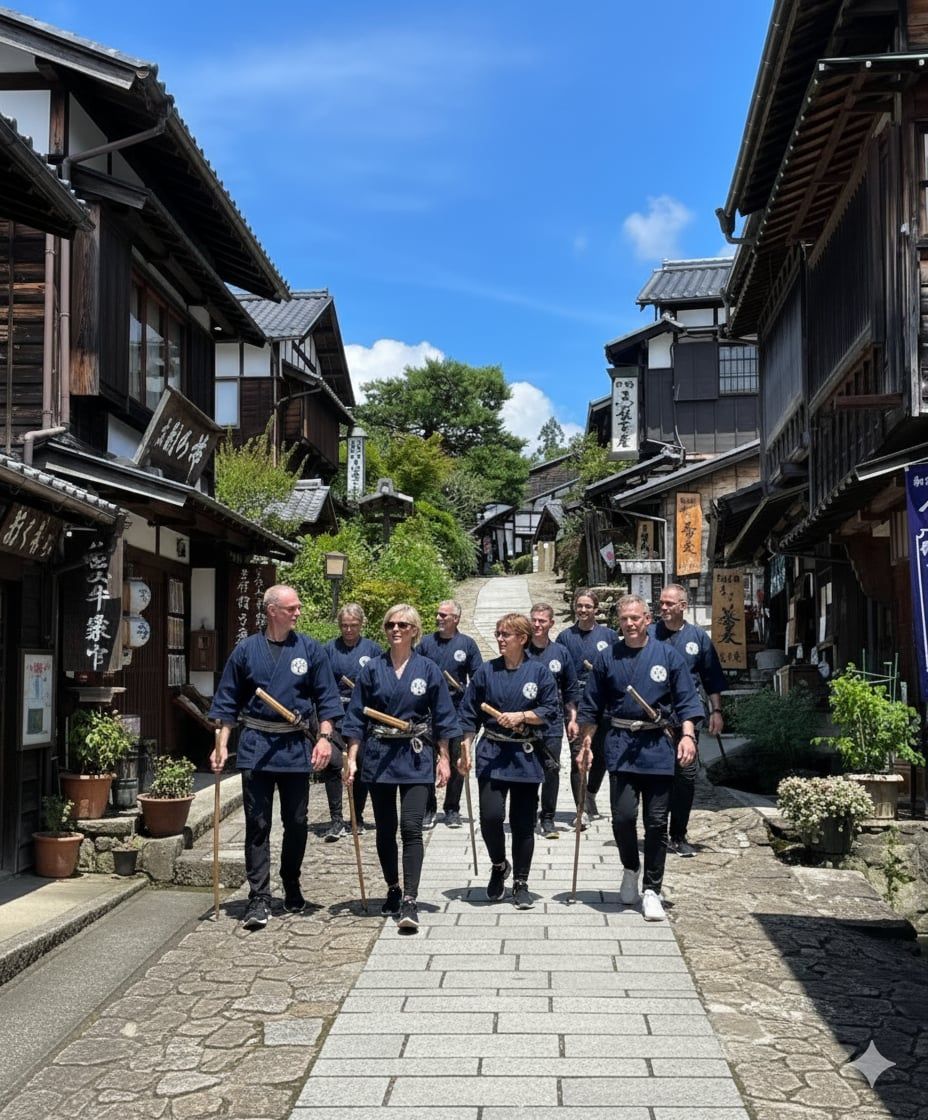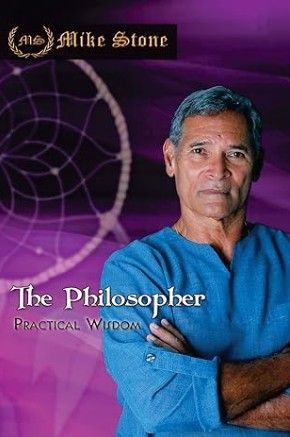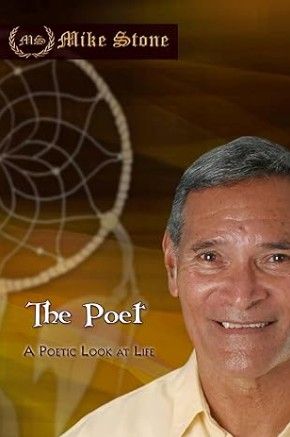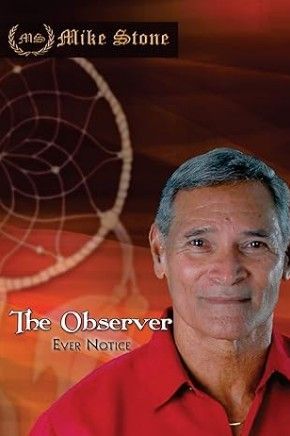The Way of Teaching Beyond Words
The Way of Teaching Beyond Words

Spiritual Intelligence: Teaching beyond words
After more than sixty years of practicing and teaching martial arts, I’ve come to understand that proper communication goes far beyond words. Words can be helpful, yes—but in the world of martial arts, they are often the last to matter. The body knows. The spirit listens. The intuition leads.
I don’t just speak to my students—I feel them. I sense where their understanding lies, not from what they say, but in how they move, react, and absorb the energy in a moment. Some learn best through hearing—absorbing the rhythm and cadence of instruction. Others need to think it through, to analyze and connect each movement to logic and structure. Still others feel it—through emotion, through instinct, through the unspoken resonance of the lesson.
And then some must experience it—physically. They need to feel the force of a technique. They need to absorb the intensity of a strike, not to be harmed, but to understand its intention. The focused energy, the timing, the commitment. The moment they feel it in their body, a door opens—the lesson lands.
This is where spiritual intelligence enters the dojo.
Instinct: The First Guardian
Instinct is the body's natural language. Before the mind can form a sentence, the body has already responded. In sparring, in real conflict, or in moments of real-life danger, instinct protects. It reacts, anticipates, and adjusts. You don't think about getting out of the way—you move.
This is not learned. This is awakened.
Martial training doesn't give you instinct—it refines it. It sharpens your natural capacity to sense danger, respond to subtle shifts, and act without delay. That's why martial arts is more than technique. It's the cultivation of awareness. Presence. Readiness.
Intuition: The Inner Compass
If instinct is the body's guardian, then intuition is the soul's compass.
In teaching, I've seen students suddenly “get it” before they could explain how or why. A movement flows through them naturally. A pattern clicks. A correction lands not in the ears, but in the body. That is intuition at work—when something feels right at a level deeper than thought.
As a teacher, I rely on this every day. I don't follow a rigid method. I read the room. I tune in to the subtle energy of each student. I let the lesson reveal itself—not just through the curriculum, but through connection.
Intuition allows us to see beyond what is visible. To hear what isn’t said. To feel where the real teaching needs to happen.
The Dojo as a Sacred Space of Knowing
The dojo is not just a place to practice combat—it is a temple of awareness. In it, we relearn how to trust ourselves. How to connect instinct with discipline. How to refine intuition through repetition and stillness.
In this space, communication becomes a holistic experience. Words may be spoken, but the real teaching occurs through breath, presence, and subtle energy shifts in posture and gaze. It happens in the pause before a strike. In the bow. In the silence between techniques.
This is a spiritual language—a language of respect, awareness, and internal mastery.
Returning to Inner Authority
Too many people in this world have abandoned their inner knowing in favor of someone else's definition of truth. But as a martial artist, you learn quickly: what you know in your body, in your gut, in your spirit—that is your truth.
Spiritual intelligence is not mystical fluff. It's the highest form of embodied awareness. It’s trusting what your senses tell you before your intellect catches up. It’s honoring your instincts, cultivating your intuition, and allowing experience to be your most outstanding teacher.
So yes—words matter. But only when they are backed by lived truth. What we pass on to others is not just what we say, but how we move, how we carry ourselves, and how we are in every moment.
.
